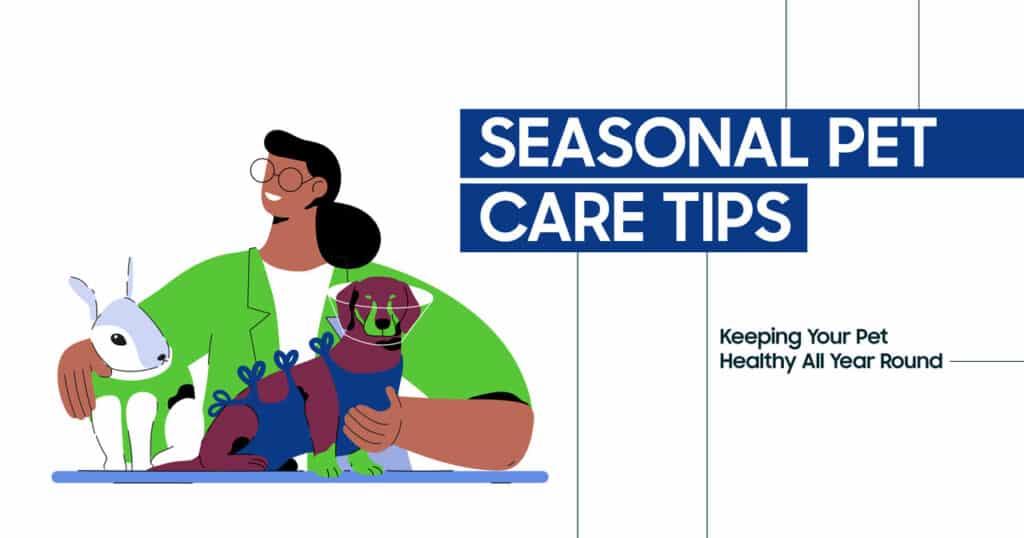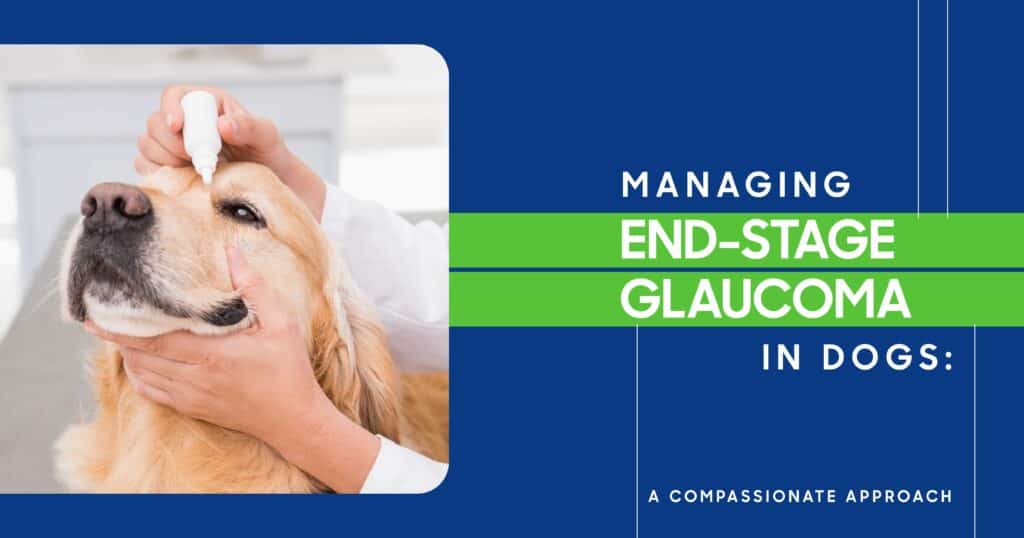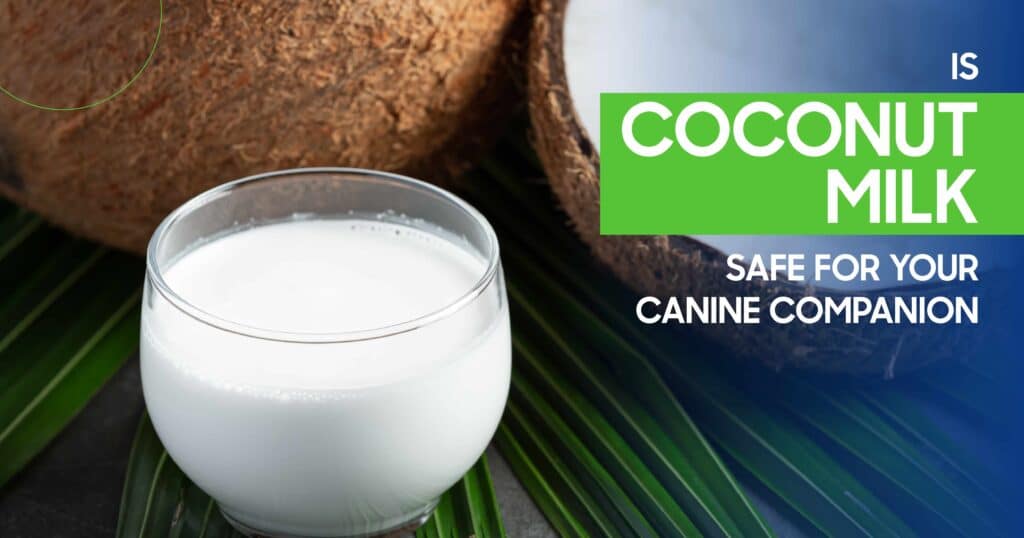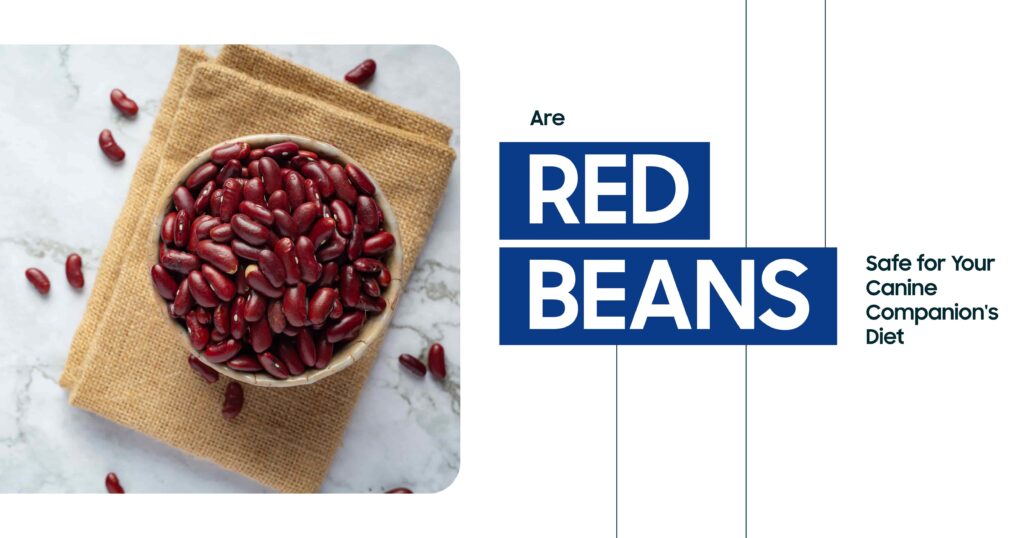Caring for your pet isn’t just about feeding and taking them for walks. It also involves adjusting their care to fit the changing seasons. For example, we change our wardrobes with the seasons, and our pets need different care throughout the year.
Essential Takeaways
- Seasonal Adjustments Matter: Adapting your pet care routine to each season—spring, summer, fall, and winter—helps address specific health challenges and ensures your pet stays comfortable and healthy year-round.
- Regular Vet Check-Ups are Crucial: Consistent veterinary visits and communication about seasonal concerns are vital to maintaining your pet’s overall health and catching potential issues early.
- Hydration and Safe Environment: To keep your pet safe and happy, always provide fresh water and protect it from seasonal hazards like extreme temperatures, allergens, and harmful substances.
This guide will provide practical tips for keeping your furry friend healthy, happy, and comfortable all year long.
Spring Into Health: Pet Care Tips for the Season
Spring is a beautiful time for new beginnings, but it also brings challenges for pets.
Allergy Awareness
Spring means flowers, pollen, and new growth, which can also mean pet allergies. Like people, pets can suffer from sneezing, itching, and watery eyes due to pollen and other allergens. To help your pet deal with spring allergies:
- Keep Your Pet Clean: Regularly bathe and brush your pet to remove pollen from their fur. This can help reduce allergic reactions.
- Clean Your Home: Vacuum frequently to eliminate dust and pollen that can trigger allergies. Washing your pet’s bedding and toys also helps.
- Watch for Symptoms: If your pet scratches more than usual or has red, irritated skin, consult your vet. They might suggest allergy testing or medication.
Flea and Tick Prevention
As the weather reaches Summer, fleas and ticks become more active. These pests can cause discomfort and transmit diseases to your pet. Here’s how to keep them away:
- Use Preventative Medications: Talk to your vet about the flea and tick prevention products for your loving pet. Various options include topical treatments, oral medications, and collars.
- Check for Pests Regularly: After walks or outdoor playtime, inspect your pet’s coat for fleas and ticks, especially in the fur around their neck and tail.
- Maintain a Clean Yard: Mow your lawn regularly and clear away tall grass and brush where fleas and ticks might hide.
Spring Grooming
Spring is a great time to give your pet’s coat extra attention. Here’s why grooming is essential:
- Remove Winter Coat: Many pets shed their winter coat in spring. Regular brushing helps remove loose fur and reduces shedding.
- Check for Skin Issues: Spring grooming is an excellent time to check for skin problems or parasites that might have developed over the winter.
- Bath Time: A good bath can help remove allergens and keep your pet’s coat clean and healthy. Use pet-friendly shampoos that won’t irritate their skin.
Sizzling Summer Care: Keeping Your Pet Cool and Safe
Summer can be challenging for pets, especially with the heat and increased outdoor activities.
Hydration and Heatstroke Prevention
Keeping your pet hydrated and safe from heatstroke is crucial during the hot summer months:
- Provide Fresh Water: Always ensure your pet can access clean water. Consider adding ice cubes to their water bowl to keep it cool.
- Avoid Hot Pavement: Pavement can get extremely hot in summer and burn your pet’s paws. Walk your pet in the early morning or late evening when the ground is cooler.
- Know the Signs of Heatstroke: Symptoms include excessive panting, drooling, lethargy, or a high body temperature. If you suspect heatstroke, move your pet to a more excellent area, offer water, and seek veterinary care immediately.
Summer Skin and Coat Care
Summer can take a toll on your pet’s skin and coat:
- Protect from Sunburn: Pets with light-colored fur or exposed skin can get sunburned. Consider using pet-safe sunscreen on areas with less fur and limit sun exposure.
- Manage Shedding: Regular brushing helps control shedding and reduces the amount of fur your pet leaves around the house.
- Watch for Skin Infections: Heat and humidity can lead to skin infections. Look for redness, swelling, or unusual odors, and consult your vet if needed.
Outdoor Safety
Summer means more outdoor activities, but it’s essential to keep your pet safe:
- Swimming Safety: If your pet enjoys swimming, supervise them closely. Not all pets are natural swimmers, and they can tire quickly. Always rinse off chlorine or saltwater after swimming.
- Protect Against Insects: Use flea and tick preventatives and be cautious of other pests, such as mosquitoes, which can carry diseases.
Falling for Fall: Seasonal Tips for Pet Health
Autumn brings cooler weather and new challenges for pet care.
Autumn Allergies and Diet
Fall can introduce new allergens and change your pet’s dietary needs:
- Manage Fall Allergies: As leaves fall and mold grows, allergies can flare up. Keep your home clean and consider hypoallergenic pet foods if needed.
- Adjust Diet: With cooler weather, your pet might need a change in diet to match their activity level. Consult your vet about adjusting their food for the season.
Preparing for Cooler Weather
As temperatures drop, prepare your pet for cooler weather:
- Provide Warm Bedding: Ensure your pet has a warm and comfortable place to sleep. A cozy bed or blanket can help keep them warm during chilly nights.
- Consider Pet Clothing: Some pets benefit from a sweater or coat, especially small or short-haired breeds. Choose pet clothing that fits comfortably and doesn’t restrict movement.
- Exercise Adjustments: Shorter days might mean shorter walks. Keep your pet active with indoor games and activities.
Halloween Safety
Halloween can be exciting but also poses risks for pets:
- Avoid Toxic Treats: Halloween candy can be harmful to pets. Keep candy out of reach, and be cautious with decorations that could be ingested.
- Manage Stress: Halloween can be overwhelming with costumes and doorbell ringing. Create a quiet space where your pet can retreat and feel safe.
Winter Wellness: Keeping Your Pet Cozy and Healthy
Winter brings its challenges for pets, from cold weather to holiday hazards.
Winter Weather Protection
Cold temperatures require special attention:
- Keep Warm: Ensure your pet has a warm place to sleep. If they’re spending time outside, provide a sheltered, insulated area.
- Protect Paws: Salt and ice can harm your pet’s paws. Consider using pet-safe ice melt and wiping their paws after walks to remove harmful substances.
- Avoid Frostbite: Pets with thin or short fur are more susceptible to frostbite. Limit their time outside in extreme cold and watch for signs of frostbite, like pale or gray skin on the ears and tail.
Holiday Hazards
The holiday season can be a time of increased risk for pets:
- Beware of Toxic Foods: Many holiday foods, like chocolate, grapes, and nuts, can be toxic to pets. Keep these foods away from your pet and inform guests about pet safety.
- Manage Stress: During the busy holiday season, create a calm space for your pet to escape the noise and activity.
- Keep Decorations Safe: Keep holiday decorations, such as tinsel and ornaments, out of reach to avoid choking hazards or ingestion.
Exercise and Mental Stimulation
Keeping your pet active during winter can be challenging:
- Indoor Activities: Play indoor games like hide-and-seek or fetch to keep your pet entertained and active.
- Mental Stimulation: Use puzzle toys or training exercises to engage your pet’s mind. This can help prevent boredom and destructive behavior.
Consistent Care: Ensuring Pet Health All Year Long
Maintaining your pet’s health involves more than just seasonal adjustments.
Regular Vet Check-Ups
Regular veterinary visits are crucial for overall health:
- Schedule Check-Ups: Regular vet visits help catch any potential issues early. Make sure your pet is up-to-date on vaccinations and preventative care.
- Discuss Seasonal Concerns: Talk to your vet about any specific seasonal concerns or adjustments needed for your pet’s health.
Balanced Diet and Hydration
A balanced diet with proper hydration are essential year-round:
- Choose Quality Food: Feed your pet a quality diet appropriate for their age, size, and activity level. Consult with your vet for recommendations.
- Monitor Hydration: Always provide fresh water and monitor your pet’s drinking habits. Proper hydration is vital for overall health.
Emergency Preparedness
Being prepared for emergencies can make a big difference:
- Pet First Aid Kit: Have a pet first aid kit with important like bandages, antiseptic, and contact information for your vet.
- Know Emergency Vets: Familiarize yourself with the nearest emergency veterinary clinics in urgent situations.
Keep Your Pet Happy and Healthy Year-Round
Adjusting your pet care routine to match the seasons can help ensure your furry friend remains healthy and happy throughout the year. Remember to monitor their changing needs and consult with your vet for personalized advice.
Call to Action: For more pet care tips and advice, subscribe to our blog and stay updated on the latest information. Share your seasonal pet care tips in the comments below or on social media. Let’s keep our pets happy and healthy all year round!
FAQs
- How can I tell if my pet has seasonal allergies?
Look for symptoms like excessive scratching, watery eyes, and sneezing. Consult your vet if these symptoms persist or worsen.
- What should I do if my pet gets heatstroke?
Move your pet to a more relaxed area, offer water, and seek veterinary care immediately. Symptoms include excessive panting, drooling, and lethargy.
- How often should I groom my pet in spring?
Regular grooming every few weeks is ideal for removing loose fur, reducing shedding, and checking for skin issues or parasites.
- What are the best ways to keep my pet warm in winter?
Provide a warm, cozy bed, use pet-safe clothing, and limit outdoor time in extreme cold. If they spend time outside, ensure they have a sheltered spot.
- How can we prevent my pet from eating holiday treats?
Keep holiday foods and decorations out of reach, inform guests about pet safety, and use pet-proof containers for treats to avoid accidents.






